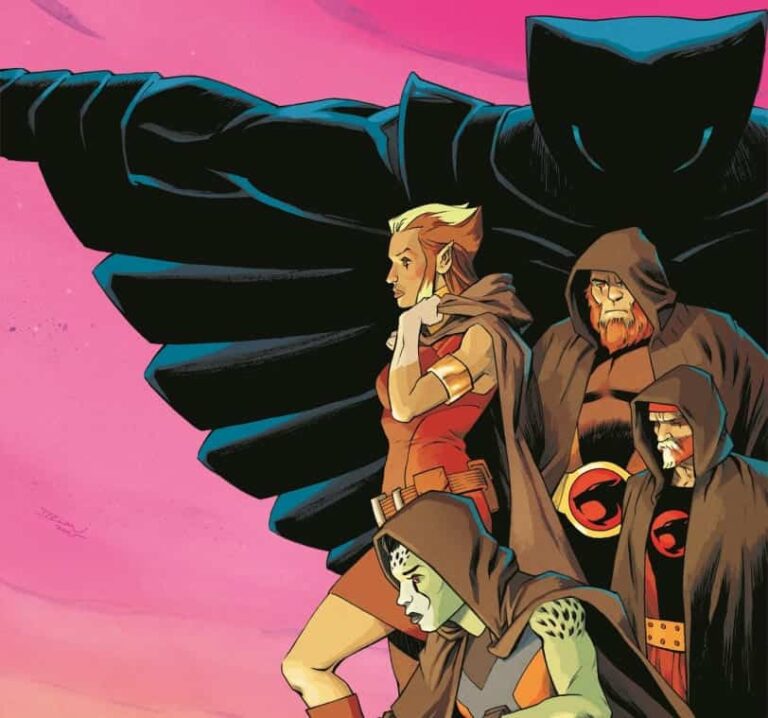Say Nothing: Unpacking the Legacy of Violence
Say Nothing: A True Story of Murder and Memory in Northern Ireland Patrick Radden Keefe uncovers the dark alleys of the Troubles. It’s about the violently and bitterly divided war that overran Northern Ireland from the late 1960s until 1998. The book is the dreadful story of Jean McConville, a mother of ten who was kidnapped by the Provisional Irish Republican Army (IRA) in 1972. Her body was found months later in a remote location in the Republic of Ireland. While murder is the central point of her story, Keefe uses the tragic point to outline the history of the conflict with all its deadly complications.
Key Aspects Of The Book
The title Say Nothing captures that pervasive culture of silence and secrecy ruling lives caught in the crossfire of political beliefs, personal allegiance, and deadly brutality. The truth about Jean McConville’s death lay buried for decades. Keefe’s narrative revealed how silences, literal and metaphorical, pervaded people’s and communities’ lives in Northern Ireland. It is in this silent atmosphere that the long-term effects of violence, trauma, and political troubles are still visible today. Ultimately, Say Nothing raises some bigger questions about how societies heal from historical trauma and if true reconciliation is even possible when the past is so contested.
The Murder Of Jean McConville
Say Nothing centers on the tragic and strange case of Jean McConville. Her murder embodied the brutality and mystery of the Troubles, but for decades it remained a mystery. Keefe reconstructs her life in detail to show how her kidnapping and killing marked a turning point in the conflict. Keefe introduces the murder of McConville less as a brutal incident of violence and more as how troubles defined terror, secrecy, and betrayal in Northern Ireland’s history. As the author examines her death, it becomes the lens for general problems such as justice, accountability, and collective memory.
The Culture Of Silence
One of Keefe’s wide themes is summed up by the title Say Nothing. It represents a common culture of silence that characterized Northern Ireland during the Troubles. Silence is not the absence of words but an active rejection of acknowledgment or communication of the truth regarding the violence. Keefe analyzes how silence became a survival tactic and a tool for loyalty, whether to an IRA, a political cause, or his own family. The murder of Jean McConville is a clear example of how the need for secrecy and fear of results buried the truth for decades. Keefe’s analysis of this culture of silence finds significant psychological and social consequences.
Trauma Of Trouble
The most compelling aspect of Say Nothing is its exploration of how the trauma of the troubles continues to haunt individuals and communities in Northern Ireland. Violence leaves the widest array of psychological wounds, from the loss of a loved one to witnessing horrible murders or even living through horror. These wounds mark a very long memory within the collective memory of the population. Keefe masterfully captures how such trauma is passed from generation to generation. This trauma affected not only those who took a direct part in the battle but also others who were peripheral to it. The question of whether true healing can be possible within the environment is a key theme of Say Nothing.
Political Ideology: Nationalism Vs. Unionism
The Troubles were a struggle between two deeply ingrained political philosophies, Irish nationalism and British unionism. Those ideologies were more than abstract political orientations; rather, they were tied to centuries in the realms of history, religious differences, and identity. The Irish nationalists wished to unite Northern Ireland with the Republic of Ireland and be free of British rule over Ireland. Unionists were keen on remaining in the United Kingdom. It was an ideological conflict, but, as Keefe demonstrates, class, family, and geography considerations increased the divide. Keefe’s explanation of the ideological divide is part of an effort to understand how the Troubles might be conceived as a political war.
The Challenges Of Justice

One of the most difficult tasks is the pursuit of justice and healing for a community so profoundly affected by violence. The Good Friday Agreement brought peace to Northern Ireland, but it did not close the book for the families of victims like Jean McConville. Among many aspects of the peace process, many violent perpetrators from both sides were granted amnesty or were released. Keefe investigates how the pursuit of justice in the post-conflict period is hampered not only by political and ideological factors but also by an individual and social need for closure. In Northern Ireland, challenging balances had to be met between the need for peace and a demand for responsibility.
Overview
Say Nothing is more than just a retelling of the violent events of the Troubles; it is an exploration of the wounds that exist psychologically, socially, and politically after the ceasefire. With the case of Jean McConville’s murder, Patrick Radden Keefe delves into the painful realities of a world that was destined to tread a society of silence, betrayal, and ideological conflict. Say Nothing emphasizes the ongoing fight for truth and justice in Northern Ireland, which seems unable to put a frame of mind or forget its past. It challenges the concept that peace can be reached simply by ending violence, focusing instead on the importance of confronting the legacies of trauma and unresolved guilt.






